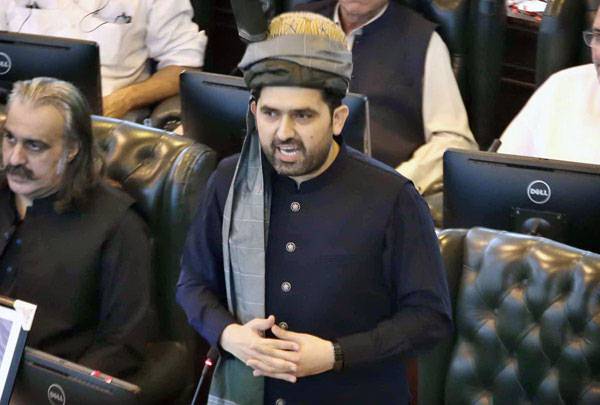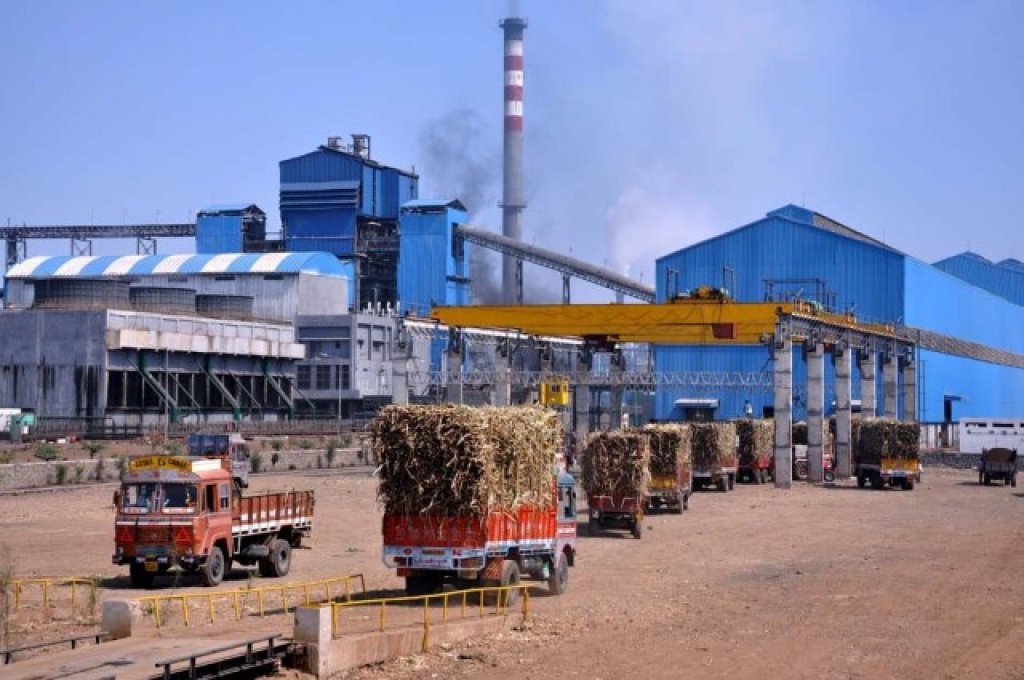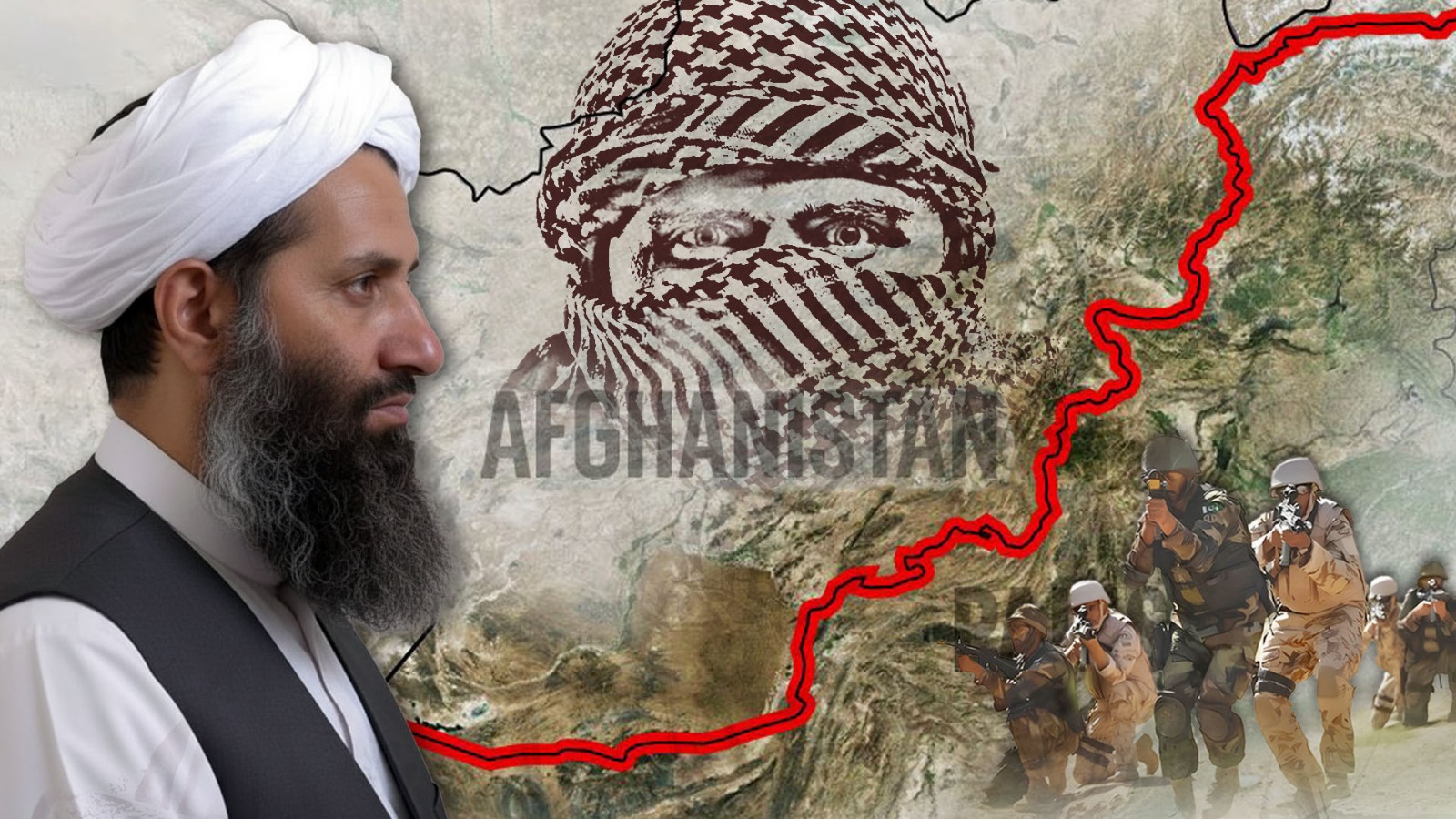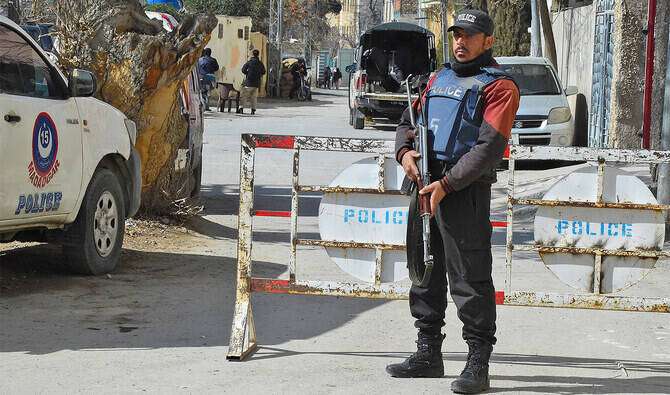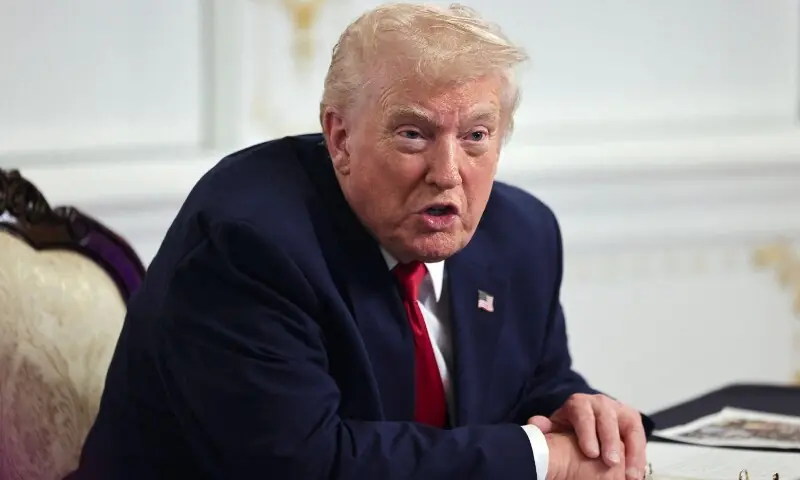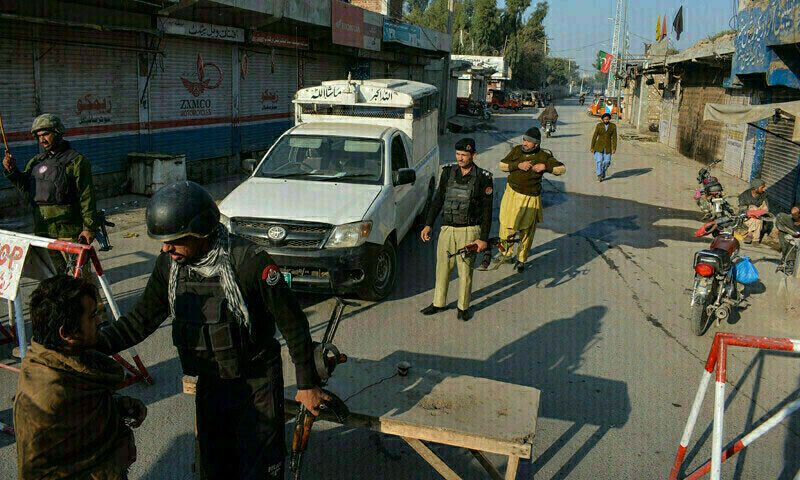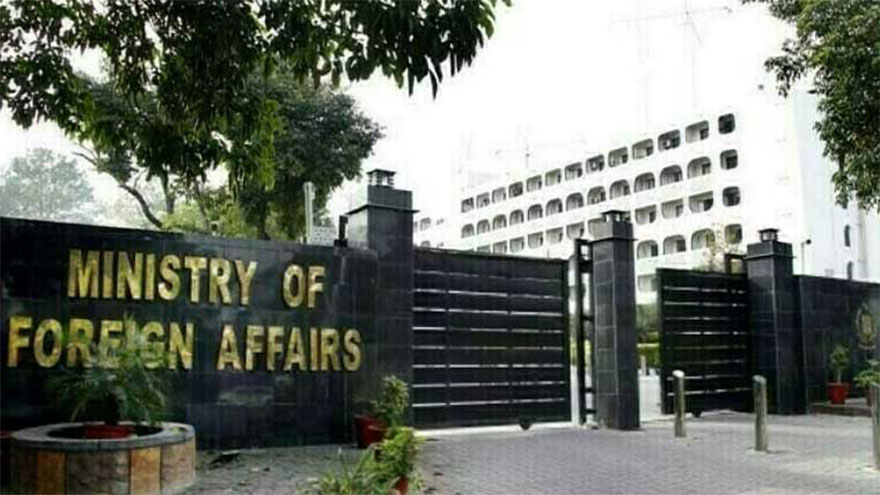Following his election in the provincial assembly, newly appointed Chief Minister Sohail Afridi asked Pakistan’s central government and military leadership to reconsider their Afghan policy. He emphasized that any military operation in Khyber Pakhtunkhwa must include consultation with the local population first.
Analysts and journalists reacted to Afridi’s speech by noting that changes in Afghan policy cannot be made unilaterally by one person or party; instead, such decisions must involve the entire nation and parliament. Veteran reporter Irfan Khan from Peshawar argued that it is unlikely such a change would be accepted solely because of the demands of one province’s leader, especially if that leader is not in alignment with the military or federal government. He said that while Afridi is free to make requests or offer proposals, foreign policy and security decisions are constitutionally the domain of the federal government — a practice common in many countries.
Irfan Khan further questioned how a provincial government might engage in negotiations with the Afghan Taliban or Tehreek-e-Taliban Pakistan (TTP). He asked which authority would permit the provincial delegation to visit Afghanistan, under what conditions, and whether a provincial government could accept demands made by militant groups. He pointed out that both the federal government and the Inter‑Services Public Relations (ISPR) have clearly stated that no negotiations will occur directly with the TTP — any mediation would have to involve Afghan Taliban as intermediaries. Meanwhile, tensions between Islamabad and Kabul have persisted in recent months.
In his inaugural address, CM Afridi stated that military operations alone are not the solution, citing that in past years more than 20 major operations have failed to eliminate terrorism. He referenced a recent press briefing by the DG ISPR, noting that about 14,000 intelligence‑based operations have been carried out in KP, yet militancy continues. Afridi affirmed his alignment with his political leader Imran Khan’s stance — saying he will deny permission for any new military operation within KP.
According to ISPR data, in 2024 over 14,500 intelligence operations were conducted in KP, resulting in the deaths of 770 militants and 577 casualties among military, police, and civilians (including 272 military/FC personnel, 140 police, and 165 civilians). In 2025, 10,115 operations were conducted; more than 1,000 militants were killed, while 516 security personnel and civilians lost their lives — including over 300 Pakistan Armed Forces members.
The ISPR termed governance failures in KP as creating a security vacuum that forces, police, and civilians are filling with blood. “If this governance gap is not addressed, how can we control this scourge of terrorism?” the ISPR said.
Former Khyber Pakhtunkhwa Inspector General of Police Seyed Akhtar Ali Shah weighed in that even if talks were held with the TTP, there is no guarantee militants would relinquish their arms or accept the constitution. He argued that negotiations and terms must be decided by the federal government, not a provincial one.

